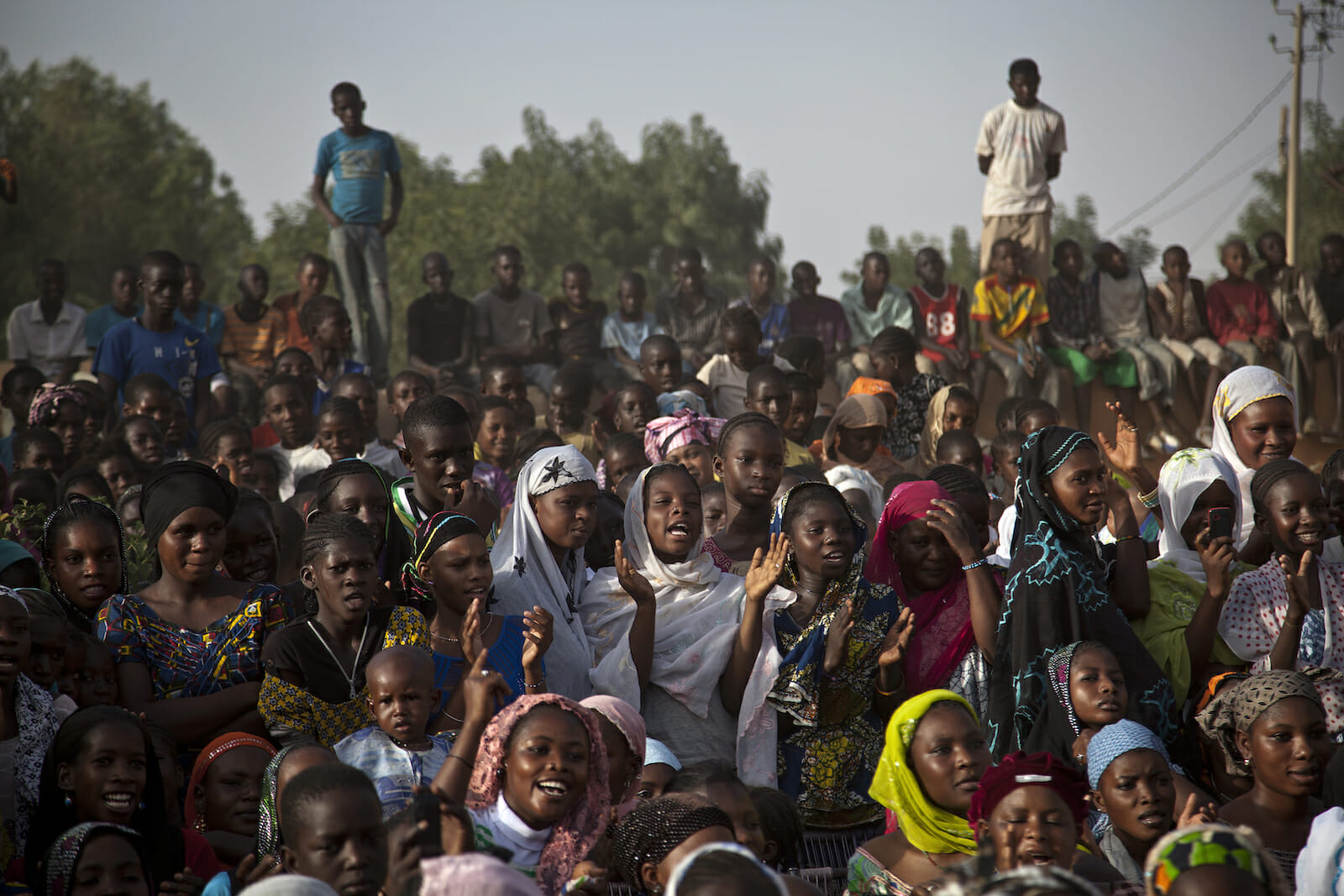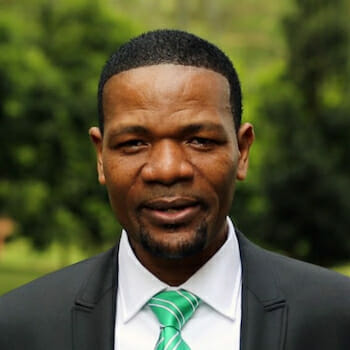
Tech
New Tool seeks to Foster Wealth in Africa
“A single bracelet does not jingle.” This African proverb contextualises the key ingredients of inclusive wealth creation that Africa urgently needs. Which is that wealth cannot be created through one or few sectors, but by convening complementary strengths across multiple sectors and disciplinary backgrounds towards maximising productivity of a comparative advantage sector.
What we call Africa’s catalytic sectors, because Africa holds a comparative advantage in them in terms of natural endowment compared to the rest of the globe; second, they are economically inclusive engaging a majority in the continent including through forward and backward linkages to other, sectors ancillary to them. The implication is that maximising earning potential in these areas will create income opportunities for the majority to enhance inclusive wealth creation. Third, they provide the shortest route to solve multiple challenges – climate and socioeconomic – in one go.
Decentralizing clean energy where Africa has a considerable comparative advantage – such as the best solar resource on the planet – to power agro-value addition e.g. preservation and processing in agriculture stands out as most strategic. As an example, in Kenya, linking solar driers to tomato farmers will be converting $20 million worth of post-harvest losses (PHLs) every year just into enterprise opportunities. If maize, then we are talking of $200 million in Kenya alone. If we consider Africa, we are talking of recouping $48 billion each year in multiple value chains.
On solving multiple challenges at once – a solution in recouping postharvest losses will spark a chain reaction of solutions in multiple areas. First, it will mean better health as better nutrition is the first line of defence against diseases. Eliminating losses means more food available to nourish more people. Second, decentralising clean energy to add value to agriculture brings in manufacturing – which will create jobs and put more money into people pockets. With more money, people can afford better housing in areas of their choice and better healthcare as well. This is a cascade of benefits achieved through the entry point of just two sectors – clean energy and nature-based agriculture. And all this achieved without adding onto to aggregate emissions to avoid compounding climate change projected to erode up to 75% of economies across Africa. This cascade of benefits requires the input of multiple actors complementing skills across disciplines – be it agriculture, clean energy and engineering transport logistics, administration, marketing, law, among key areas.
On 4th February 2019, EBAgroPamoja was born, becoming Africa’s first-ever connecting the dots app that has been developed by youth in Kenya barely in their 20s. This web and mobile application facilitates cross-disciplinary collaborations aimed at maximizing Ecosystems based Adaptation Driven Agriculture and linkages to Clean Energy and right up to markets. EBAgroPamoja connects the dots along Kenya’s agro-value chains to unlock opportunities across multiple sectors and disciplines. EBAgroPamoja leverages on the virtual space to create opportunities along the agro-value chain that can be tapped by actors of multiple disciplinary backgrounds.
Its basic premise is that challenges are disguised opportunities for solution bearers – but that these two polar opposites must be brought together. EBAgroPamoja is that bridge between challenges and solutions – specifically in the agro-value chain. It unlocks a holistic dimension, linking agriculture to ancillary areas of clean energy to power value addition, transport/logistics to link efficiently to markets, consumer niche markets among climate, health and environment conscious consumers who are increasing to fuel demand and training to re-tool skills among people, and especially the youth, to engage in these interrelated areas. Cumulatively, this holistic paradigm created by EBAgroPamoja is on track to reverse postharvest losses (PHLs) ~ amounting to $500 million in Kenya and convert these losses into food secure homes and enterprise opportunities across multiple sectors.
What it takes
A major highlight has been its development – where youth through the spirit of EBAFOSA Innovative Volunteerism driven by passion and an ambition to make their skills count came together through structured guidance and selflessly complemented their skills in ICT, marketing, clean energy and the agro-value chain to come up with this 1st ever novel tool. This in itself is a game changer – proving to youth that the biggest leverage they have is perfecting their skills and working selflessly in complementary collaborations targeted at the low-lying fruits that is connecting solutions along Africa’s agro-value chains. Just like this, they tap a trillion-dollar opportunity while solving a priority continental problem. Even more appealing is the fact that such youth will be structurally guided through a continental inclusive framework EBAFOSA Innovative Volunteerism – free structured guidance to leverage skills for climate action enterprises by tapping the agro-value chain, that is available to all.
Finally…
“Every adversity carries with it the seed of an equal or greater benefit.” This African proverb underlies the argument of wealth creation for the youth that EBAgroPamoja is demonstrating. Challenges are disguised opportunities – where the challenge of one actor, provides an enterprise opportunity for another who has the solution. But it doesn’t stop here. This is tied to addressing productivity maximisation challenges in an area of comparative advantage to provide the shortest route to global competitiveness for Africa. All this is undertaken not at the expense of the environment – especially considering that climate change and environmental degradation stands to erode 75% of economies across Africa, to wipe out hard-earned benefits. And most importantly, applying skills in complementarity is the only premium. EBAgroPamoja is a game changer for Africa’s development under the changing climate – including every citizen to participate in baking a bigger cake for Africa – to the benefit of present and future generations.
The views expressed in this article are those of the authors alone and do not necessarily reflect those of any institutions with which the authors are associated.



